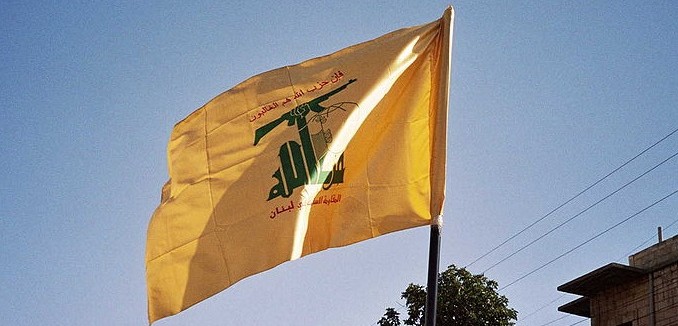In addition to damanging Hezbollah’s popularity across the Middle East, the Iran-backed terror group’s support for the Syrian regime is also more directly undercutting the pretexts that it uses for usurping Lebanese sovereignty and maintaining its arsenal of tens of thousands of weapons. Hezbollah has justified its military control of southern Lebanon and its political domination of the country as necessary to advance Lebanese interests and protect Lebanese sovereignty.
Those claims are difficult to align with Hezbollah’s operations in Syria, which are reportedly being conducted at the behest of Iran and which are dragging Lebanon into the conflict.
“Instead of keeping up the usual pretense of [being the] defender of Lebanon, Hezbollah is now overtly serving foreign interests – Iranian and Syrian – in a foreign country,” said Yoram Schweitzer, director of the Institute for National Security Studies’ Terrorism and Low-Intensity Warfare Research Project. Hezbollah chief Hassan Nasrallah “now faces greater difficulty in explaining himself to Arabs and Muslims, and particularly to the Lebanese themselves.”
“Hezbollah has decided to submit fully to the diktats of Iran,” Schweitzer told a small group of reporters at INSS headquarters in Tel Aviv. “Hezbollah still believes Assad will survive this, even though there are indications Iran has already begun considering that he may not.”
Hezbollah is deeply involved in Syria’s crackdown on a two-year anti-government revolt. Thousands of Hezbollah fighters are believed to have crossed into the country, and more than 100 have likely already been killed in the fighting. Last week Nasrallah vowed Hezbollah would back the Damascus government “until the end.”
Oded Eran, a senior INSS researcher and former Israeli ambassador to Jordan and the EU, noted that – in the aftermath of Hezbollah’s behavior – Brussels had to begin considering adding the organization to the E.U.’s list of terrorist groups.
“Unfortunately it took 90,000 Syrians to die for that to happen. This should have been done long before,” he said. A E.U. blacklist, however, would almost certainly apply only to Hezbollah’s so-called armed wing, a fact Eran described as unfortunate.
“There is one commander of Hezbollah, and it’s clear who that is,” Eran said of Nasrallah, the Shiite movement’s leader for more than twenty years.
And while the Syria-Iran-Hezbollah axis is openly antagonistic to both Israel and the West, the experts said anti-Assad forces also contain unsavory elements under whom Syria could once again become a state sponsor of terror and source of regional instability.
Schweitzer said the presence of as many as 10,000 Salafi and jihadi fighters among the Syrian rebels represent the civil war’s greatest unknown quantity. Many Palestinians, he said, are also joining the jihadi ranks.
“It’s hard to divine their objectives,” he said. “They will likely end up fighting in other places – possibly Europe or America. They will probably be utilized by Al-Qaeda for other purposes.”
Israel has sought to stay out of the conflict to the greatest extent possible.
“From the beginning of the so-called Arab Spring generally – and in Syria in particular – Israel’s policy has been to stay out,” Eran said. “Our policy at the INSS was that that is indeed the smartest way to react. Whatever we do won’t be helpful to this side or the other.”
“I expect serious chaos in Syria whether Assad stays or not,” he added. “For any central government to control all of these people will be extremely difficult, especially with the army and other security organizations weakened.”
Writing recently in the pan-Arab daily Al-Hayat, Lebanese columnist Hazem Saghieh declared that Hezbollah’s bluff had been called:
In 2000, with the Israeli unilateral withdrawal, Hezbollah was not comfortable with the liberation, and went on to fabricate, along with the Syrian tutelage regime, the issue of the Shebaa farms as a sufficient justification for the resumption of the conflict and maintaining the country in the midst of deadly wars. Needless to say, the main reason for this stance was nothing more than the fear that the Israeli withdrawal may pave the way for demanding the withdrawal of the Syrian army from Lebanon. Calls for this were indeed made in the Qornet Shahwan Gathering, and with the subsequent events leading up to Hariri’s split with the Syrian regime…
We recall those experiences today in light of the fierce battles in Qusayr, which powerfully demonstrate that the “main contradiction” in Hezbollah’s worldview has to do with the integrity and survival of the Syrian regime, and of course the Iranian regime, and not with the conflict with Israel.
Ultimately, this conflict is nothing more than the necessary condition for the operation of that regime against its people and the peoples of the region, and the functioning of its ideological and media machine by extension.
[Photo: FunkMonk / Flickr]




